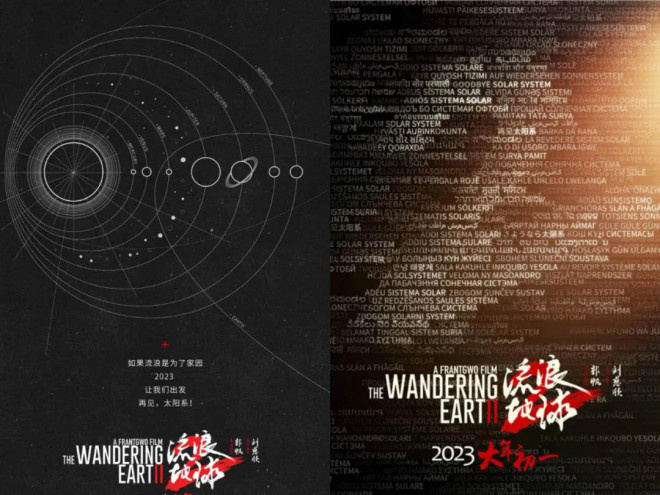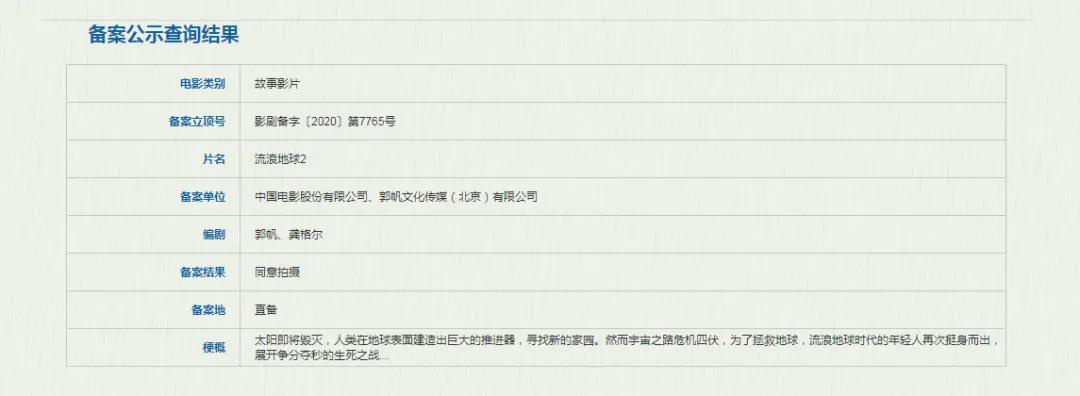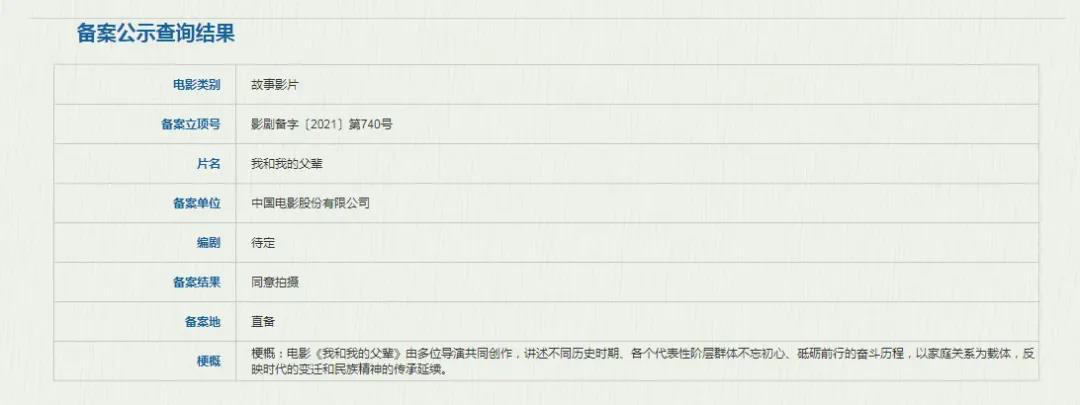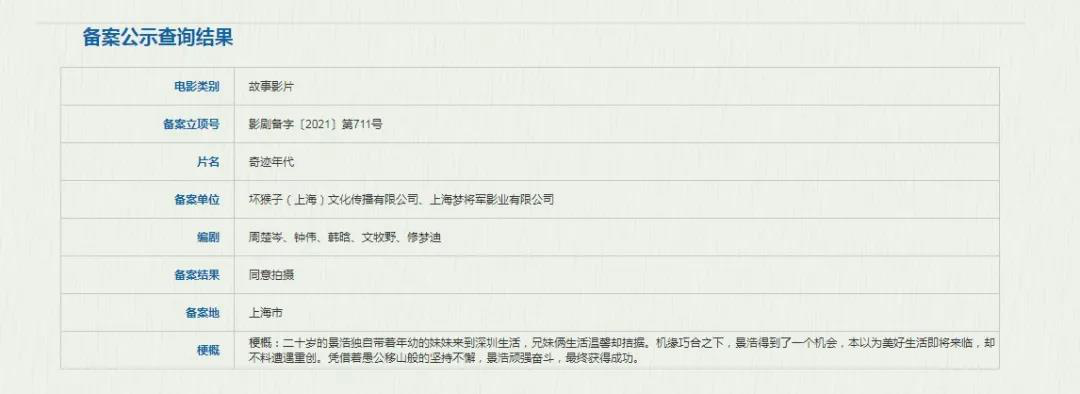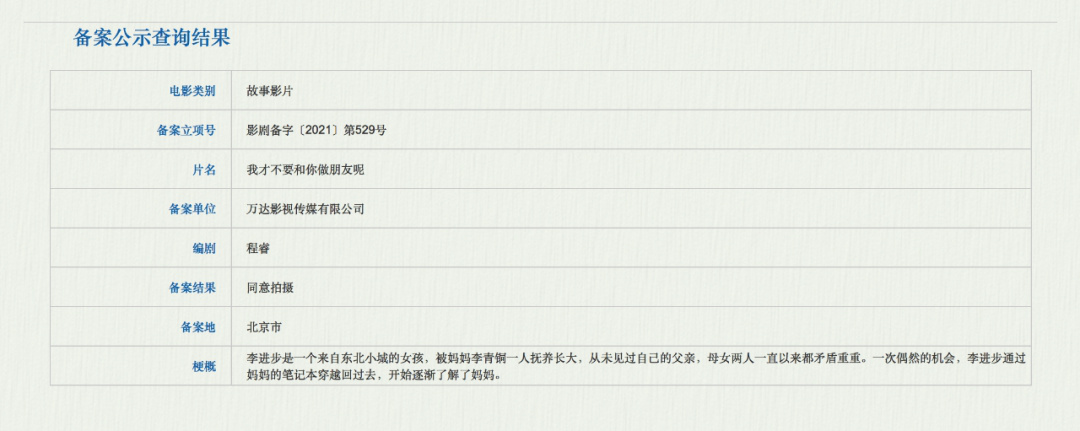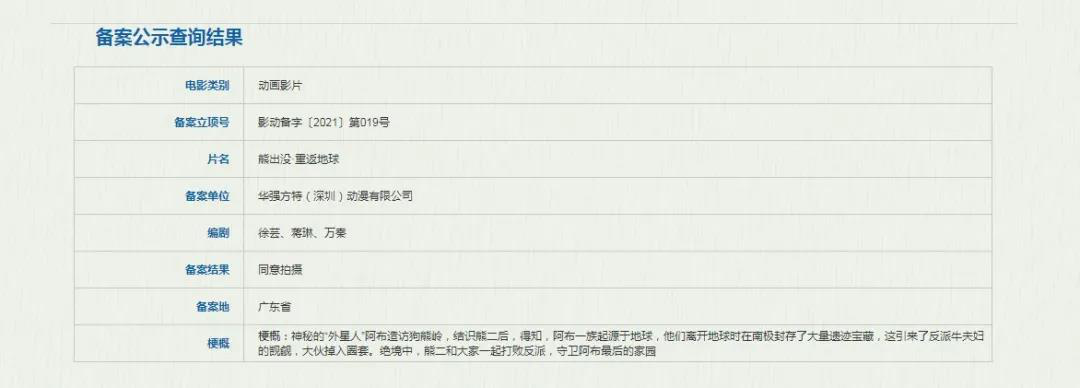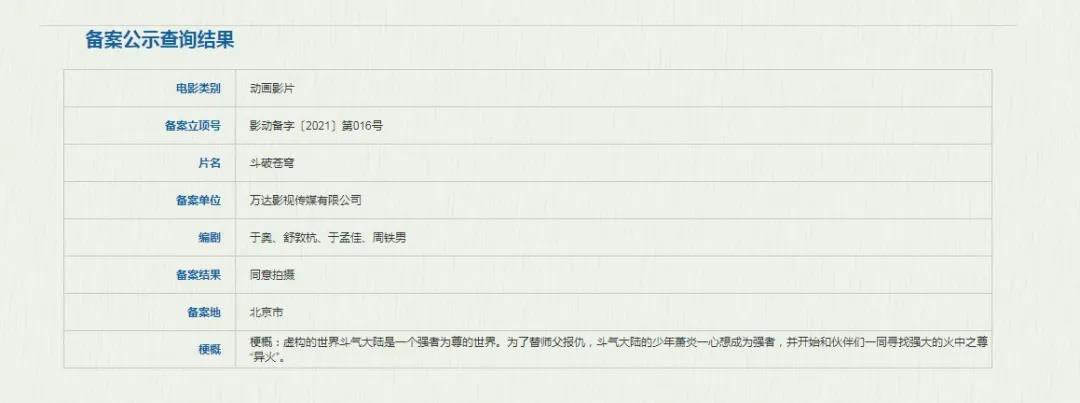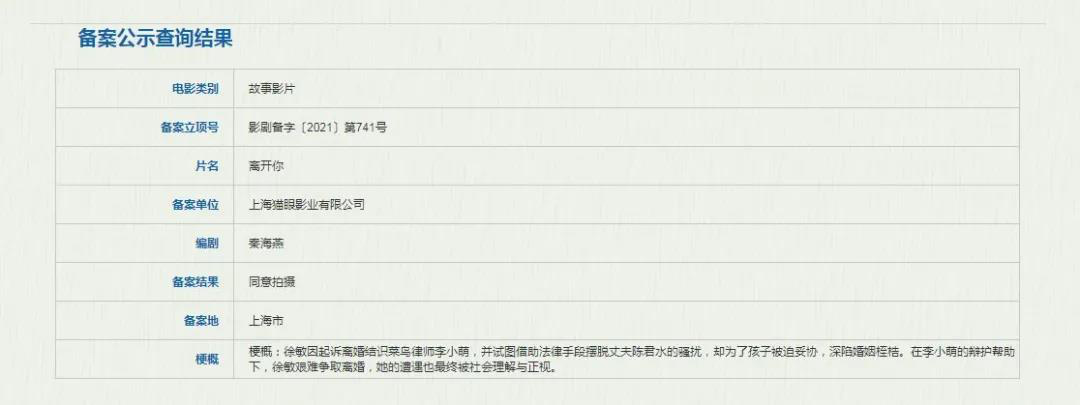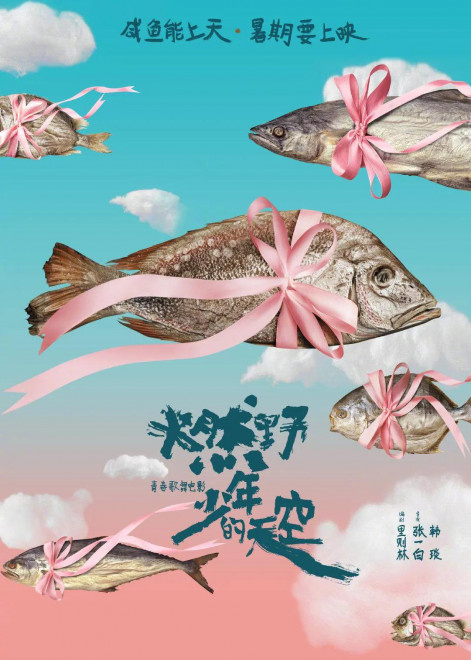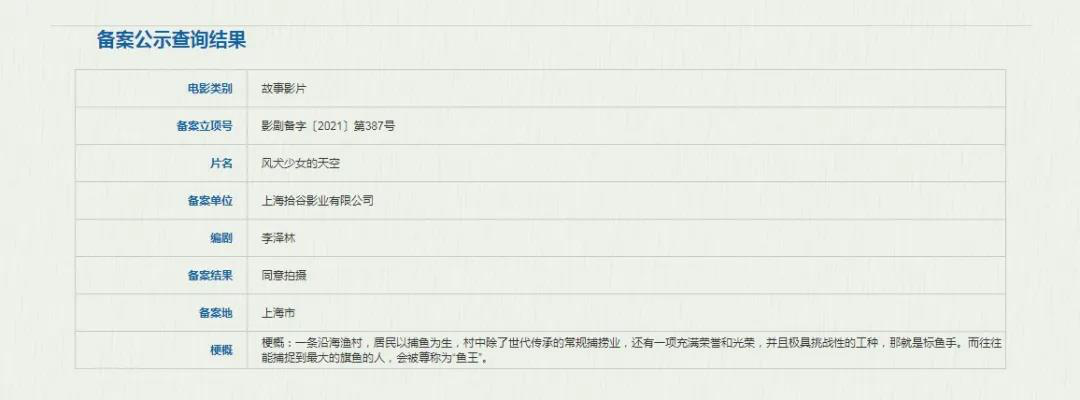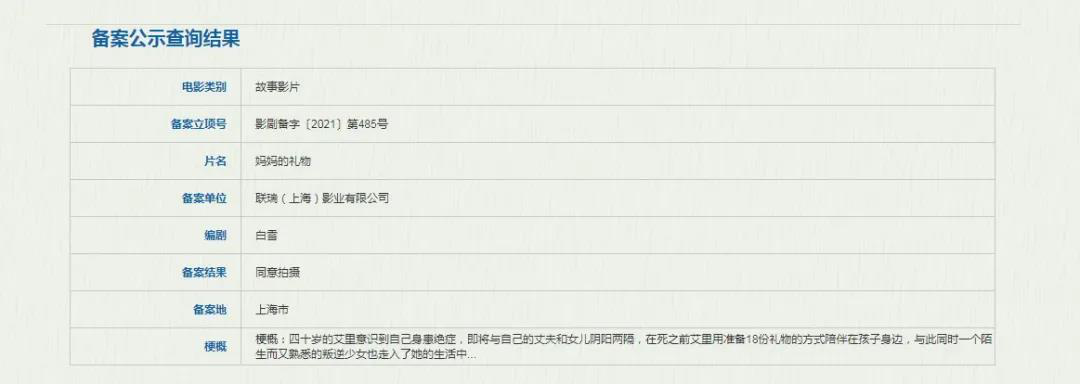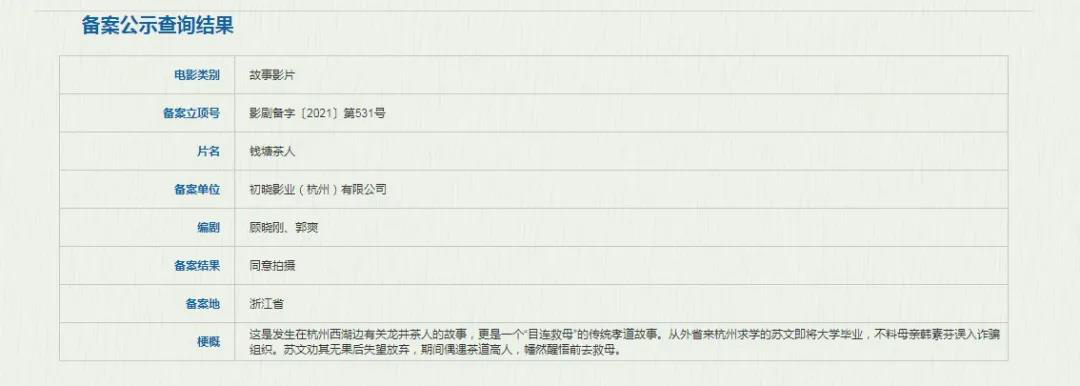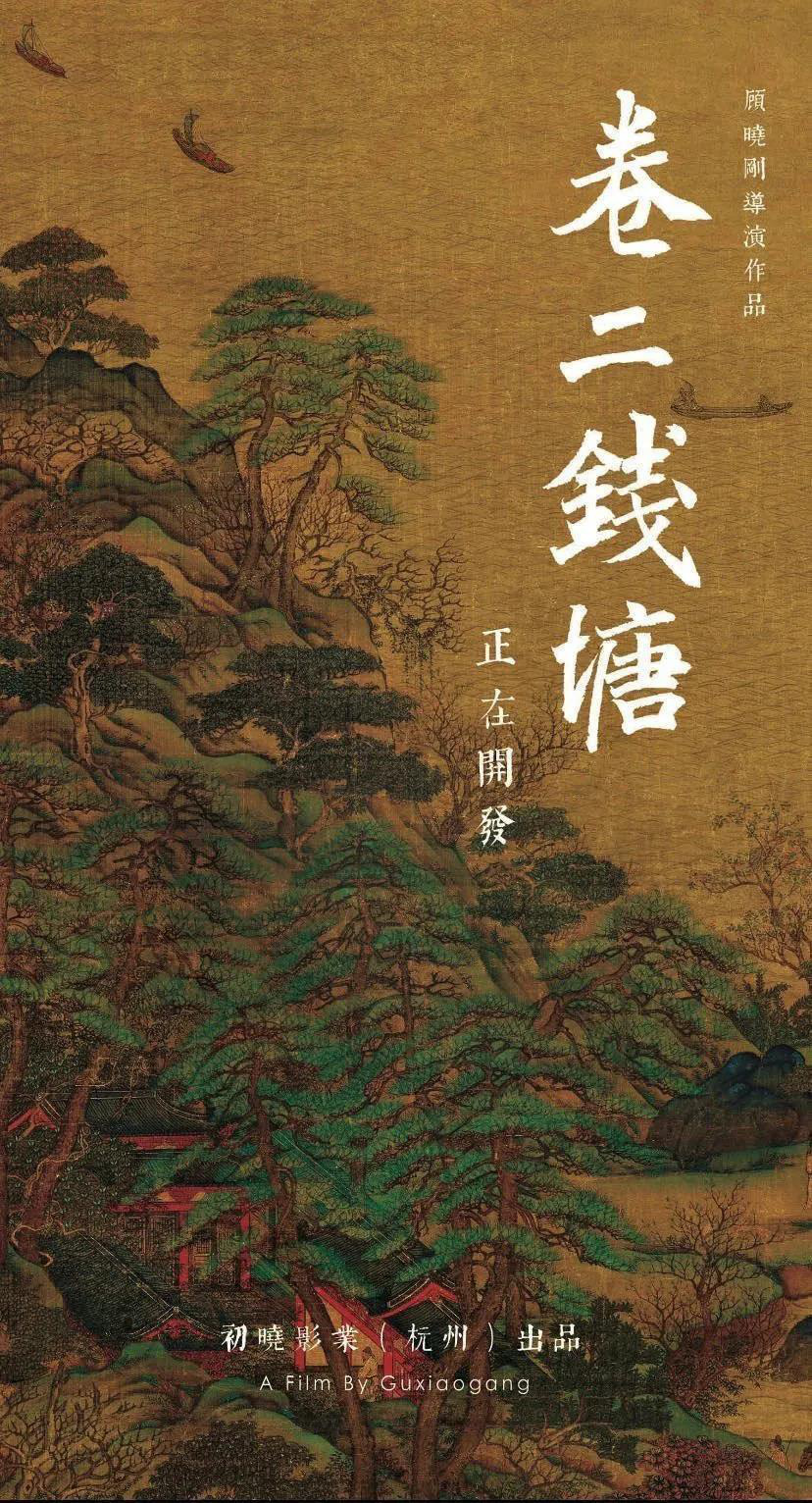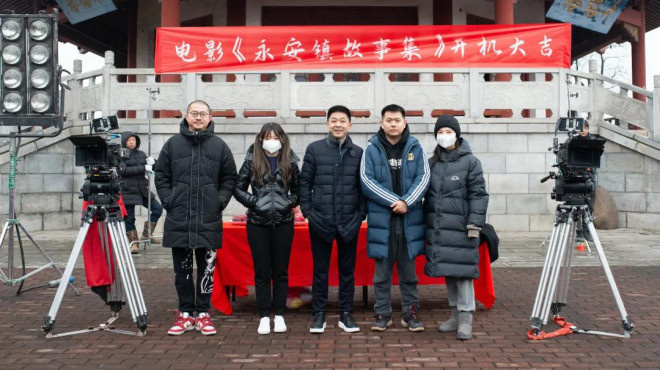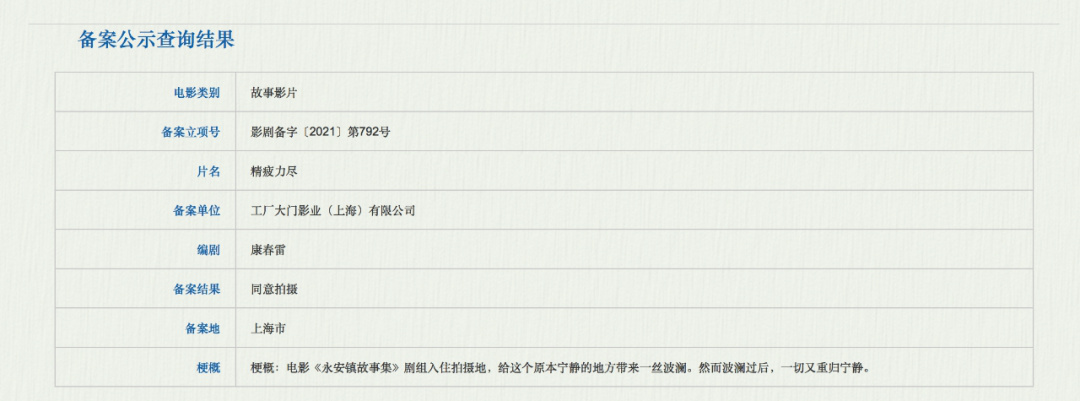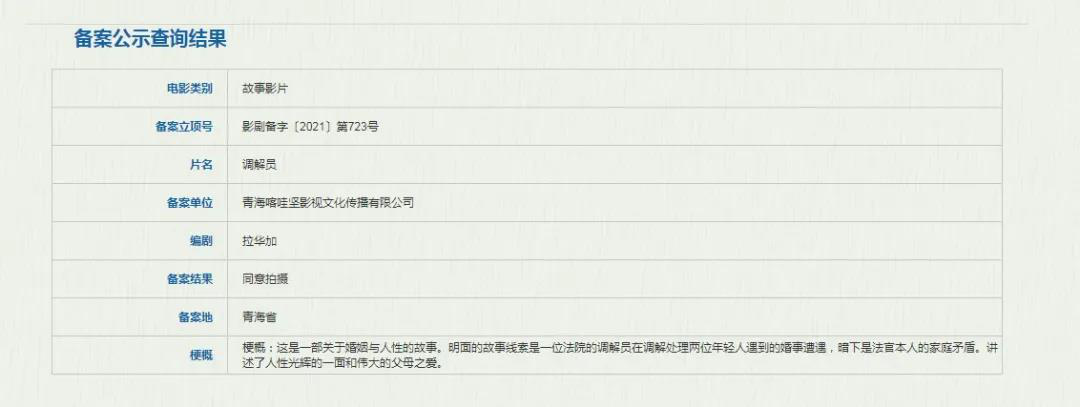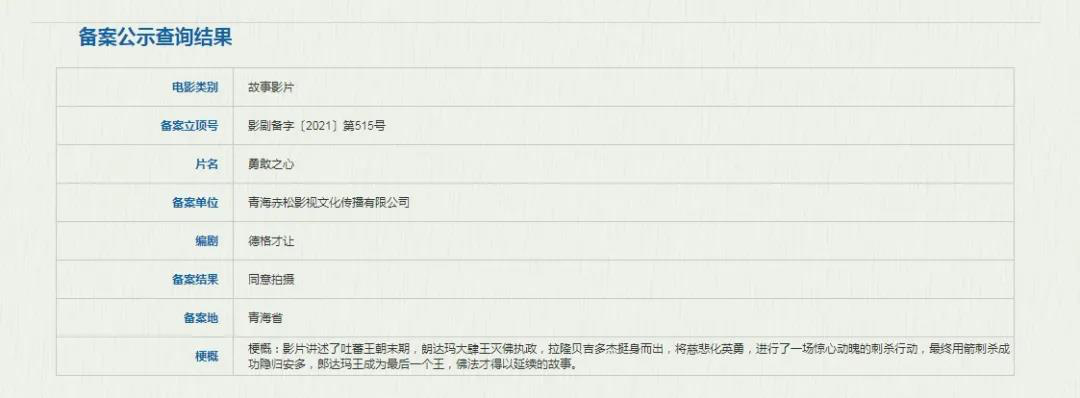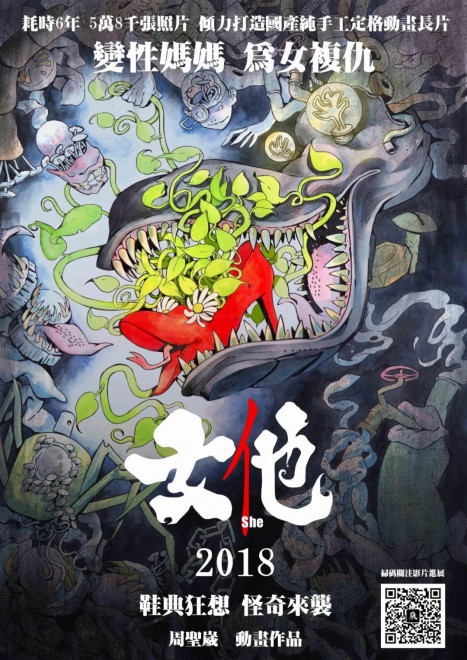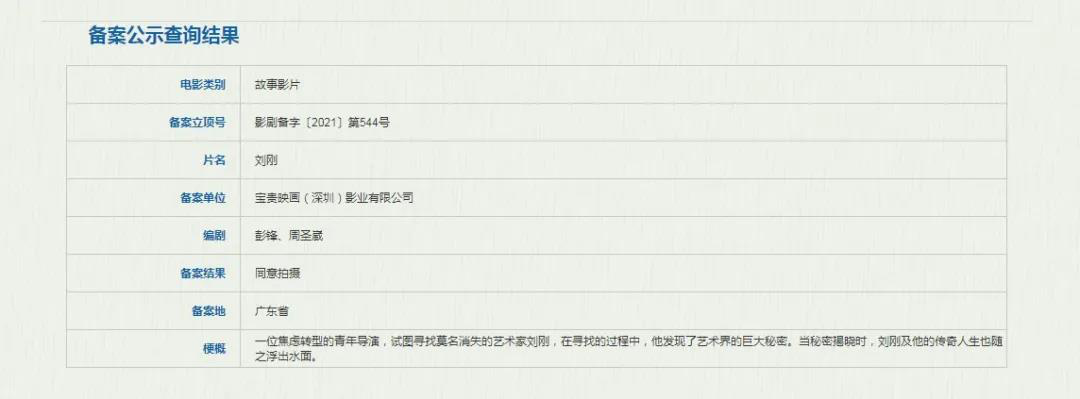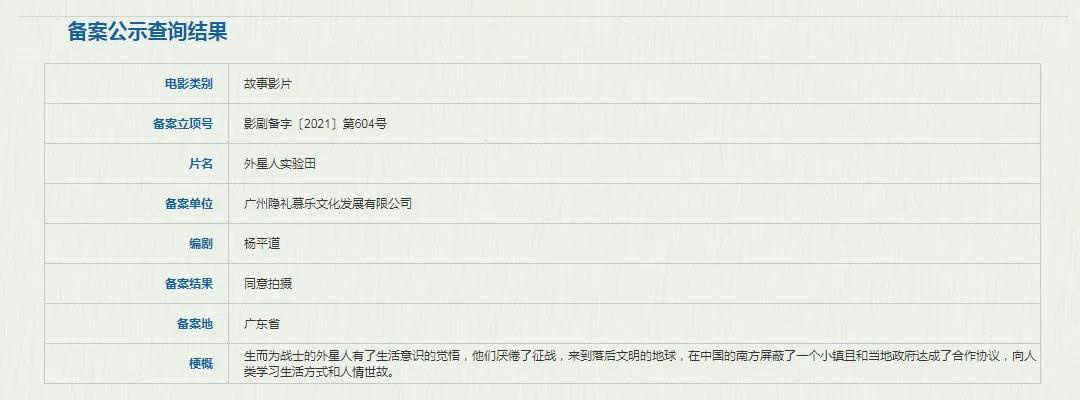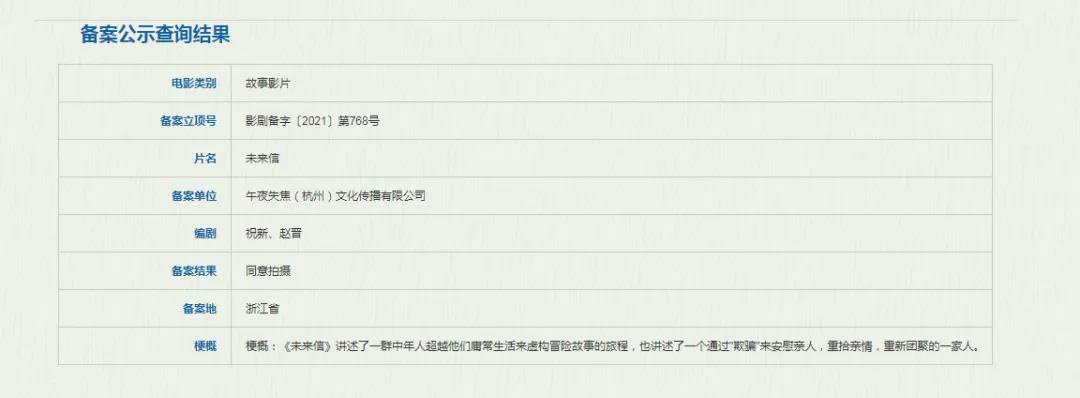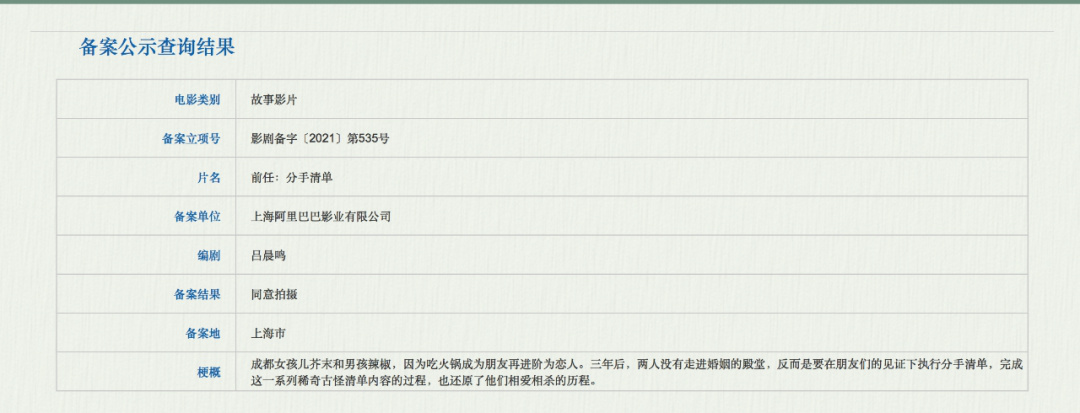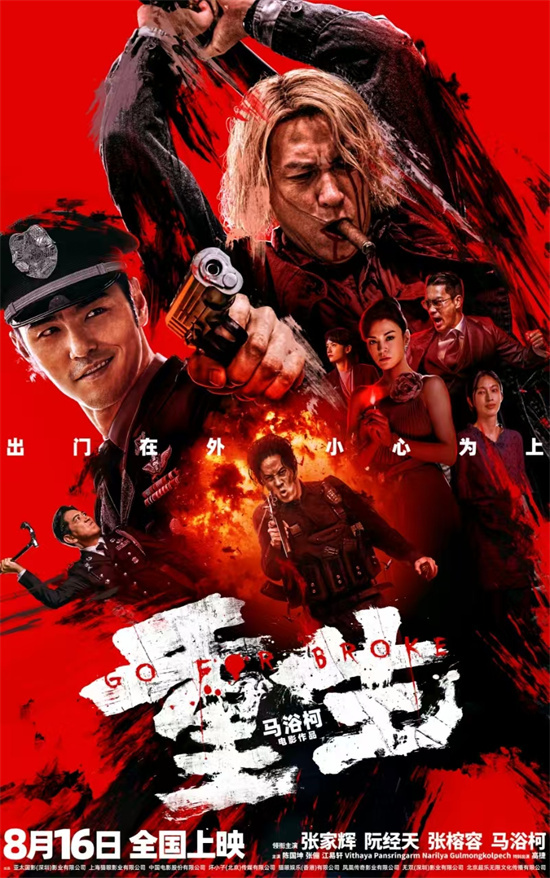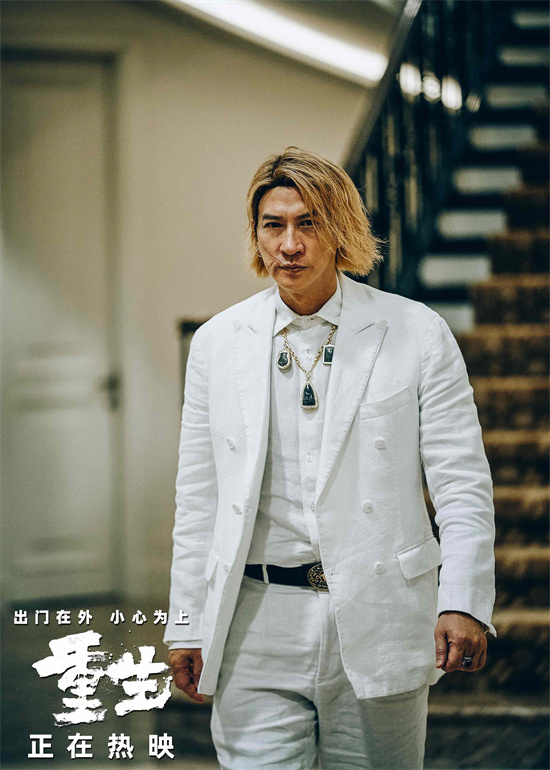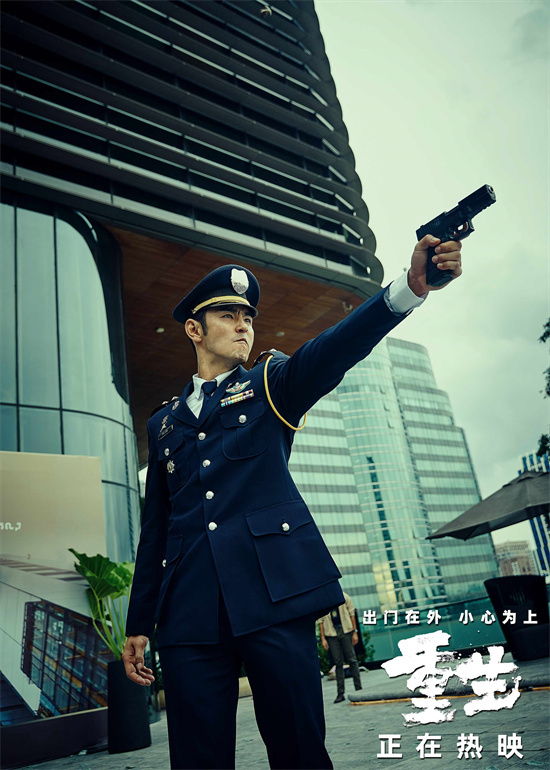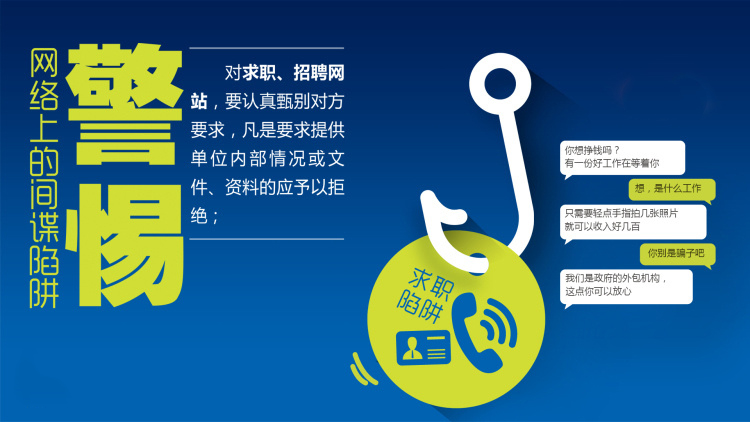[Abstract] The Thirteenth Five-Year Plan period is the decisive stage to win the battle against poverty. In order to implement the new development concept in poverty alleviation work and give play to the important role of the special funds of the central government in poverty alleviation, it is necessary to design a scientific and complete fund performance evaluation index system. Taking the new development concept as the basic starting point and basis, this paper selects various indicators to evaluate the performance of the management and use of the special poverty alleviation funds of the central government, and uses the analytic hierarchy process to empower the indicators, thus systematically constructing the performance evaluation index system of the special poverty alleviation funds of the central government.
[Keywords:] new development concept; Special poverty alleviation funds of the central government; Performance evaluation index system; analytic hierarchy process
In recent years, the central government has continuously increased its investment in special funds for poverty alleviation. In 2017, the central government allocated 86.095 billion yuan of special poverty alleviation funds, an increase of 43% over the previous year. [1] In the context of the continuous tackling of difficulties in poverty alleviation work and the continuous increase in the investment of special poverty alleviation funds from the central government, in order to better play the important role of special poverty alleviation funds from the central government in poverty alleviation, the efficiency of special poverty alleviation funds from the central government should be further improved. Therefore, it is necessary to establish a scientific and complete performance evaluation index system of special poverty alleviation funds of the central government, and give full play to the functions of "indicator" and "baton" in performance evaluation. At the same time, the new development concept of "innovation, coordination, green, openness and sharing" put forward by the Fifth Plenary Session of the 18th CPC Central Committee is a concentrated summary by the Supreme Leader General Secretary on how to realize the all-round scientific development of China’s social and economic undertakings, and also provides a powerful ideological guidance for the performance evaluation of the special poverty alleviation funds of the central government and the construction of the evaluation index system.
First, the new development concept and the performance of the central government’s special poverty alleviation funds.
In-depth analysis of the connotation of the new development concept, it is not difficult to find that each concept is highly compatible with the scientific management and rational use of the special poverty alleviation funds of the central government, thus providing an important support and breakthrough point for the construction of the performance evaluation index system of the special poverty alleviation funds of the central government.
(A) innovation and development is a booster to improve the performance of the special poverty alleviation funds of the central government.
The connotation of innovation and development is to solve the problems existing in development in ways different from the past and promote the continuous progress of economy and society. General Secretary of the Supreme Leader pointed out that poverty alleviation needs to give full play to the pioneering spirit of cadres and the masses, and needs to innovate the thinking and methods of poverty alleviation. As a special transfer payment for the government to help the poor, the special poverty alleviation fund of the central government is no exception. To speed up the fight against poverty, it is necessary to actively explore new ideas and methods for the management of special poverty alleviation funds of the central government under the guidance of innovative development concepts, so as to improve fund performance.
(B) Coordinated development is an important condition for improving the performance of the special poverty alleviation funds of the central government.
Coordinated development is to correctly handle all kinds of relations in development and make them cooperate with each other to jointly promote economic and social development. General Secretary of the Supreme Leader pointed out that poverty alleviation needs to strengthen the leadership responsibility of poverty alleviation, implement the coordination mechanism of poverty alleviation and strengthen the integration of poverty alleviation funds. The management and use of the special poverty alleviation funds of the central government involves many management departments, various types of funds and various investment. At the same time, the special poverty alleviation funds of the central government should also cooperate with other poverty alleviation policies to improve the performance of funds.
(C) Green development is an inherent requirement to improve the performance of the special poverty alleviation funds of the central government.
Green development emphasizes that economic and social development needs to be based on the protection of ecological environment, highlighting the sustainability of development. General Secretary of the Supreme Leader’s three conclusions about "green mountains and green hills" and "Jinshan Yinshan": "Lucid waters and lush mountains are invaluable assets", "both Jinshan Yinshan and green mountains and green hills" and "prefer green mountains and green hills to Jinshan Yinshan". When it is applied to the management of the special poverty alleviation funds of the central government, it is necessary to ensure that the economic performance of the special poverty alleviation funds of the central government cannot be at the expense of the environment, and the thinking of green development should run through the whole process of the management and use of the special poverty alleviation funds of the central government.
(D) Open development is an effective means to improve the performance of the special poverty alleviation funds of the central government.
The essence of open development is to rely on its own strength, but also to promote economic and social progress through the help of external forces. General Secretary of the Supreme Leader pointed out that to promote the development of poverty alleviation work, it is necessary to mobilize the forces of the whole society to participate extensively, promote regional coordination, enterprise participation and social organization participation, and form a strong synergy for poverty alleviation and development. In the management of special poverty alleviation funds of the central government, the participation of diversified subjects can form a joint force of poverty alleviation work, the participation of poverty alleviation objects can enhance the pertinence of fund use, and the disclosure of fund information can reduce the violation of rules and regulations in the process of fund management and use.
(E) Shared development is the ultimate goal of improving the performance of the special poverty alleviation funds of the central government.
Shared development is the essential requirement of socialism, and its purpose is to enhance the people’s sense of gain and make them share the fruits of development. [2] General Secretary of the Supreme Leader pointed out that the shortcomings of building a well-off society in an all-round way are in rural areas, especially in poverty-stricken areas. We must do a good job in poverty alleviation and not let the poor people fall behind. The ultimate goal of improving the performance of the special poverty alleviation funds of the central government is to change the poverty of the poor and realize the goal of all people entering a well-off society in an all-round way.
Based on the internal agreement between the new development concept and the performance of the special poverty alleviation funds of the central government, it is of great theoretical and practical significance to study and construct a set of performance evaluation index system of the special poverty alleviation funds of the central government, which will promote the implementation of the new development concept in the management and use of the special poverty alleviation funds of the central government and provide support for scientific evaluation of the effectiveness of the special poverty alleviation funds of the central government.
Second, based on the new development concept, the performance index selection of the central financial special poverty alleviation fund
The Measures for the Administration of Special Poverty Alleviation Funds of the Central Government (Cai Nong [2017] No.8) stipulates that the use scope of special poverty alleviation funds of the central government is: developing characteristic industries in poverty-stricken areas, improving the conditions of small public welfare production and living facilities in poverty-stricken areas, and enhancing the self-development ability and risk resistance ability of poor people. Generally, the expenditure on social undertakings related to agriculture will continue to follow the original funding channels and will not be paid from the special poverty alleviation funds of the central government. When evaluating the performance of the special poverty alleviation funds of the central government, we should choose the indicators that are directly related to the use of the special poverty alleviation funds of the central government, but not the indicators that are only indirectly related to the use of the special poverty alleviation funds of the central government, so as to avoid over-amplifying the performance of the funds. At the same time, the principle of combining quantitative indicators with qualitative indicators is used in the process of index selection, so as to reflect the performance of the special poverty alleviation funds of the central government more comprehensively.
(A) Index selection based on innovation and development
1. Allocation of funds. At present, there is an "egalitarianism" tendency in the distribution of special poverty alleviation funds by the central government in some areas, which makes the supply of funds out of line with the demand for funds. It is necessary to promote the innovation of the distribution mode of special poverty alleviation funds by the central government, so as to promote the rational distribution of funds. First of all, the allocation of special poverty alleviation funds by the central government should be strictly in accordance with the poverty situation, the number of poor people, poverty alleviation tasks and other factors. Secondly, in the process of allocating special poverty alleviation funds by the central government, we should pay attention to performance rewards and increase the financial fund incentives for areas with high evaluation of poverty alleviation effects. Finally, in the allocation of special poverty alleviation funds of the central government, it is necessary to comprehensively consider whether to adopt cash subsidies or in-kind subsidies and their mixture, so as to give full play to the advantages of different subsidies. To this end, the author intends to set the following three indicators: the degree of implementation of factor method, the importance of performance reward, and the diversity of subsidy methods.
2. Construction of information platform. Strengthening the information construction of the special poverty alleviation funds of the central government and promoting the electronic and networked level of fund management will help the fund management department to obtain the fund information quickly and facilitate the people to handle the relevant poverty alleviation business. First of all, strengthen the information integration between poverty alleviation and finance, social security, banking, civil affairs and medical care, so that the information management system of special poverty alleviation funds of the central government can fully reflect the comprehensive economic conditions of the poor and promote the accurate identification of the poor. Secondly, we will promote the development of e-government in the management of special poverty alleviation funds of the central government, effectively simplify the procedures and improve the efficiency of poverty alleviation management departments. To this end, the author intends to set the following three indicators: the level of information integration and the level of e-government.
3. Form and intensity of support. Industrial poverty alleviation, e-commerce poverty alleviation, cooperation between government and social capital (PPP), government purchasing poverty alleviation services, and asset income poverty alleviation are new poverty alleviation methods that are mainly recommended by poverty alleviation departments. First of all, the development of rural tourism, characteristic planting, characteristic aquaculture, characteristic handicrafts and other characteristic industries is an important performance of grassroots cadres and the masses to play their initiative, which is conducive to using the advantages of local resources to promote poverty alleviation. [3] Secondly, e-commerce poverty alleviation can broaden the sales channels of products in poverty-stricken areas and accelerate the trade circulation in poverty-stricken areas. Thirdly, the cooperation between the government and social capital is conducive to the government to guide social capital to participate in poverty alleviation and expand the funding channels for poverty alleviation. In addition, the government purchases poverty alleviation services to make up for the lack of organizational resources for poverty alleviation and enrich the human resources for poverty alleviation. Finally, asset income poverty alleviation quantifies the assets converted from financial agriculture-related funds to poor people and increases the income of poor households with labor shortage. To this end, the author intends to set the following three levels of indicators: support for industrial poverty alleviation, support for e-commerce poverty alleviation, support for cooperation between government and social capital, and support for asset income poverty alleviation.
(B) Index selection based on coordinated development
1. Overall use of funds. Strengthening the overall planning of the central government’s special poverty alleviation funds is conducive to solving the situation of multi-sector management, fund dispersion and fund precipitation of the central government’s special poverty alleviation funds, thus forming a joint force in the use of funds. First of all, the management departments of the central government’s special poverty alleviation funds involve finance, poverty alleviation offices, agriculture, forestry, ethnic affairs commissions, disabled persons’ federations, etc., and it is necessary to strengthen the coordinated management of the central government’s special poverty alleviation funds among various departments. Secondly, integrating the special poverty alleviation funds of the central government with other agriculture-related funds is conducive to the overall use of agriculture-related funds. Thirdly, accelerating the clearing of the stock of special funds of the central government is conducive to revitalizing the stock funds, thus coordinating the management of flow funds and stock funds. To this end, the author intends to set the following three indicators: the degree of perfection of the management consultation mechanism, the degree of integration with agriculture-related funds, and the progress of clearing existing funds.
2. The key investment of funds. Focusing the special poverty alleviation funds of the central government on the main battlefield of poverty alleviation is conducive to concentrating funds to solve poverty problems and improving the marginal use efficiency of funds. First of all, the key poverty-stricken counties for poverty alleviation are the main deep poverty-stricken areas in China. These areas have weak financial resources and arduous tasks of getting rid of poverty, which need the key support of the central government. Secondly, most of the poor people live in rural areas. In order to get rid of poverty as scheduled, it is necessary to increase support for rural poverty alleviation. Thirdly, in order to reduce the misappropriation and application of the special poverty alleviation funds of the central government, it is necessary to increase the proportion of funds directly to households. To this end, the author intends to set the following three indicators: the degree of inclination to key poverty-stricken counties, the degree of inclination to poor villages, and the degree of inclination to poor households.
3. Coordination with other policies. There are various tools for the government to carry out poverty alleviation policies. Apart from the special poverty alleviation funds of the central government, there are mainly poverty alleviation policies in finance and taxation (excluding the special poverty alleviation funds of the central government), finance, education, medical and health care, industry and ecological compensation. The use of special poverty alleviation funds from the central government should cooperate with other government poverty alleviation policies to give play to the combined effect of policies. To this end, the author intends to set the following three indicators: the degree of cooperation with other fiscal and taxation poverty alleviation policies, the degree of cooperation with social security poverty alleviation policies, the degree of cooperation with financial poverty alleviation policies, the degree of cooperation with education poverty alleviation policies, the degree of cooperation with medical poverty alleviation policies, the degree of cooperation with industrial poverty alleviation policies, and the degree of cooperation with ecological poverty alleviation policies.
(C) Index selection based on green development
1. Green production process. The green production process is the prerequisite to ensure the green output of the special poverty alleviation funds of the central government. First of all, promoting intensive production in the process of capital use is conducive to saving energy and reducing energy consumption. Secondly, reducing pollution emissions in the process of using funds can reduce the negative effects of poverty alleviation on the environment. To this end, the author intends to set the following three indicators: the level of economic intensification and the level of pollution reduction.
2. Green supervision mechanism. Strengthening the construction of green supervision mechanism in the process of fund use is an important guarantee to promote the green results of the use of special poverty alleviation funds by the central government. First of all, improving the environmental pollution discovery mechanism is conducive to early warning of environmental pollution problems and preventing the expansion of environmental pollution. Secondly, perfecting the reward mechanism of environmental pollution control is conducive to encouraging environmental pollution control behavior. Finally, strengthening the punishment mechanism of environmental pollution is conducive to strengthening the shock of pollution behavior. To this end, the author intends to set the following three indicators: the perfection of environmental pollution discovery mechanism, the perfection of environmental governance reward mechanism and the perfection of environmental pollution punishment mechanism.
3. Green output results. The green result of capital use is the ultimate goal of green and green supervision mechanism construction in the process of capital use, and it is also the ultimate embodiment of green development in poverty alleviation work. First of all, the special poverty alleviation funds of the central government are used for various economic projects, such as various industrial projects and agricultural projects, and it is necessary to improve the green degree of these projects. Secondly, the special poverty alleviation funds of the central government are also used for ecological environment management projects, which will be conducive to the improvement of the ecological environment. To this end, the author sets the following three indicators: the degree of contribution to green GDP and the degree of contribution to the improvement of ecological environment governance.
(4) Indicators reflecting the open development.
1. Multi-participation of poverty alleviation subjects. Diversified participation of poverty alleviation subjects is to form diversified poverty alleviation subjects on the basis of adhering to the leading role of the government in poverty alleviation work, so that they can jointly promote the cause of poverty alleviation. First of all, actively guide enterprises to participate in poverty alleviation work, give play to their advantages in capital, brand and technology, and rely on market-oriented mechanisms to enhance the economic vitality of poverty-stricken areas. Secondly, actively guide social organizations to participate in poverty alleviation work, give play to the public welfare characteristics of social organizations, and provide certain poverty alleviation funds and rich volunteer services for poverty-stricken areas. [4] Thirdly, counterpart support embodies the characteristics of getting rich first and helping the rich later. Developed areas can provide poverty alleviation experience for poor areas, and can also provide financial and talent support for poor areas. To this end, the author intends to set the following three indicators: the intensity of promoting enterprises to participate in poverty alleviation, the intensity of promoting social organizations to participate in poverty alleviation, and the intensity of promoting counterpart support.
2. Participation of poor people. The poor people actively participate in the management process of the special poverty alleviation funds of the central government, which is convenient for the poor people to express their poverty alleviation needs and stimulate their endogenous motivation. First of all, the poor people’s knowledge of the special poverty alleviation projects of the central government is the prerequisite for their participation in the decision-making of poverty alleviation funds projects. Secondly, the poor people’s decision-making participation in the special poverty alleviation fund projects of the central government is an important channel for the poor people to directly express their poverty alleviation needs. Thirdly, the supervision of the poor people on the special poverty alleviation projects of the central government is an important condition to ensure the scientific and compliance of the use of funds. To this end, the author intends to set the following three indicators: the degree of knowledge of funds, the degree of participation in capital decision-making, and the degree of supervision of funds.
3. Disclosure of fund information. Promoting the publicity of the special poverty alleviation funds of the central government is conducive to strengthening the supervision over the management and use of funds and standardizing the use of funds. First of all, the disclosure of the special poverty alleviation funds of the central government should be comprehensive, and the supervision of all the special poverty alleviation funds of the central government should be realized. Secondly, the disclosure of the special poverty alleviation funds of the central government should be detailed and reflect the use of funds in detail. Thirdly, the disclosure of the special poverty alleviation funds of the central government should be timely, so that all sectors of society can know the progress of the use of the special poverty alleviation funds of the central government in a timely manner. Finally, the disclosure of the special poverty alleviation funds of the central government should be convenient, so that all sectors of society can easily obtain the management information on the use of the special poverty alleviation funds of the central government. To this end, the author sets the following three indicators: the degree of openness, the degree of openness, the timeliness of openness, and the convenience of openness.
(V) Indicators reflecting shared development
1. Capital investment increased. It is important for the poor people to share the fruits of reform and development by increasing the input of special poverty alleviation funds from the central government and implementing the use of funds in specific projects. First of all, the amount of special poverty alleviation funds invested by the central government reflects the importance attached by the central government to poverty alleviation. Secondly, the amount of special poverty alleviation funds invested by local finance reflects the importance that local governments attach to poverty alleviation. Thirdly, the central government’s special poverty alleviation funds need to be implemented in specific projects, speed up the use of funds, and reduce the time when funds stay on the books. To this end, the author intends to set the following three indicators: the increase of central funds, the increase of local funds, and the progress of fund use.
2. The effect of getting rid of poverty and increasing income. The decrease in the number of poor people and the increase in the income of poor people directly reflect the effect of the government’s poverty alleviation policy, and are also an important embodiment of the poor people sharing the fruits of development. First of all, the reduction of poverty-stricken population represents the improvement of economic and social conditions in poverty-stricken areas, and the broad masses can share the dividends of national development. Secondly, the increase of the income of the poor population is an important basis for improving their living and development conditions. To this end, the author intends to set the following three indicators: the reduction ratio of the poor population and the increase of the per capita net income of the poor population.
3. The anti-poverty ability of the poor population has improved. Cultivating the poverty-stricken people’s anti-poverty ability and promoting the lasting effect of poverty alleviation are important guarantees for the poor people to make long-term contributions to development achievements. First of all, improving the working skills of the poor people is conducive to promoting their employment and is an important way to cultivate their anti-poverty ability. Secondly, promoting the popularization and application of Internet in poverty-stricken areas in the information age is an important channel for the poor to obtain employment and education opportunities at low cost, and is also conducive to enriching the spiritual life of the poor. To this end, the author intends to set the following three indicators: the vocational and technical training level of the poor population and the Internet application level of the poor population.
Third, the performance evaluation index empowerment process and results
A hierarchical index structure including 5 first-level indicators, 15 second-level indicators and 46 third-level indicators has been established. In order to build a complete evaluation system of performance indicators, this paper uses Analytic Hierarchy Process (AHP) to give weight to each performance indicator.
(A) expert credibility evaluation
Because experts have different understanding of the index construction of special poverty alleviation funds of the central government, it is necessary to give different experts different credibility to avoid scoring different experts directly by arithmetic average. This paper measures the credibility of experts from four dimensions: academic level, professional relevance, relevant experience and self-confidence in evaluation, as shown in Table 1.
(2) Building the judgment matrix of each index layer
Each expert uses SAAT Y1-9 scale method to compare the importance of each element in each index layer layer by layer. For example, the T-th expert compares the importance of the first-level indicators of the performance of the central government’s special poverty alleviation funds: innovative development (A1), coordinated development (A2), green development (A3), open development (A4) and shared development (A5), thus obtaining the judgment matrix of the first-level indicators, in which the indicators evaluated by experts (i=1,2,3,4,5). Similarly, the second-level indicators under each first-level indicator level and the third-level indicators under the second-level indicator level are compared in pairwise importance, so as to determine the judgment matrix of each indicator level.
(C) The weight of each index is obtained by combining the expert credibility evaluation.
First of all, each expert determines the eigenvector of the judgment matrix of the index layer through the sum-product method, calculates the relative weight of the lower-level indicators to the upper-level indicators, and carries out hierarchical weighting and regression to obtain the relative weight of the indicators of each index layer to the target layer. In this process, the consistency test coefficient CI is required to be less than CI<0.01, otherwise the judgment matrix needs to be readjusted. On this basis, the credibility score of each expert is normalized to determine the credibility weight of each expert. Finally, the weights of indicators determined by different experts and their credibility weights are weighted and summed, and then the weights of specific indicators relative to the performance of special poverty alleviation funds of the central government are determined. [6]
In the practical application of this indicator system, the numerical values of quantitative indicators in the three-level indicators can be calculated through the statistical data of relevant departments. The quantitative value of qualitative indicators in the third-level indicators can be obtained by converting their scores into numerical values on the basis of expert scoring method. The final calculation of the performance of the central financial special poverty alleviation fund can be obtained by using the weighted sum of the values of the three-level indicators and the weights of the three-level indicators relative to the performance of the central financial special poverty alleviation fund.
IV. Follow-up Work and Prospect
Based on the new development concept, this paper tentatively constructs the performance index system of the special poverty alleviation fund of the central government. The main work focuses on the selection of relevant indicators and the use of analytic hierarchy process to empower them. More in-depth research needs to be further improved and promoted in the future:
1. The definition of some three-level indicators needs to be further clarified and refined in order to obtain realistic data with the same caliber and no mistakes.
2. The fundamental purpose of the construction of performance evaluation index system is application, so the focus of the next research work should be to actively collect relevant data for empirical research, get evaluation results, analyze evaluation results, and use evaluation results, and further improve the index system in this process.
references
[1] The central government allocated 86.095 billion yuan of financial special poverty alleviation funds in 2017 [EB/OL]. Portal of the Agriculture Department of the Ministry of Finance, http://nys.mof.gov.cn/zhengfuxinxi/bgtgongzuodongtai _ 1 _ 1 _ 1 _ 3/201706/t2017.
[2] Mo Guanghui. Multi-dimensional accurate poverty alleviation path in ethnic minority areas from the perspective of five development concepts-the eleventh of a series of studies on the performance improvement mechanism of accurate poverty alleviation [J]. Journal of Southwest University for Nationalities (Humanities and Social Sciences Edition), 2017,38(2).
[3] Shen Shuisheng. Several problems and suggestions in poverty alleviation work [J]. Administrative reform, 2017(7).
[4] Wang Min, Zhu Junli. Promote the government to buy poverty alleviation services from social forces [J]. Economic Research Reference, 2015(64).
[5] Gao Bo, Wang Shanping. Research on the comprehensive performance evaluation system of financial poverty alleviation funds [J]. social sciences in yunnan, 2014(5).
[6] Cui Jun, Yang Qi. Research on the construction of emergency financial expenditure performance evaluation index system-based on the investigation of fuzzy analytic hierarchy process [J]. Finance and Trade Economy, 2013(3).
(Source: Administrative Reform, No.10, 2017)

